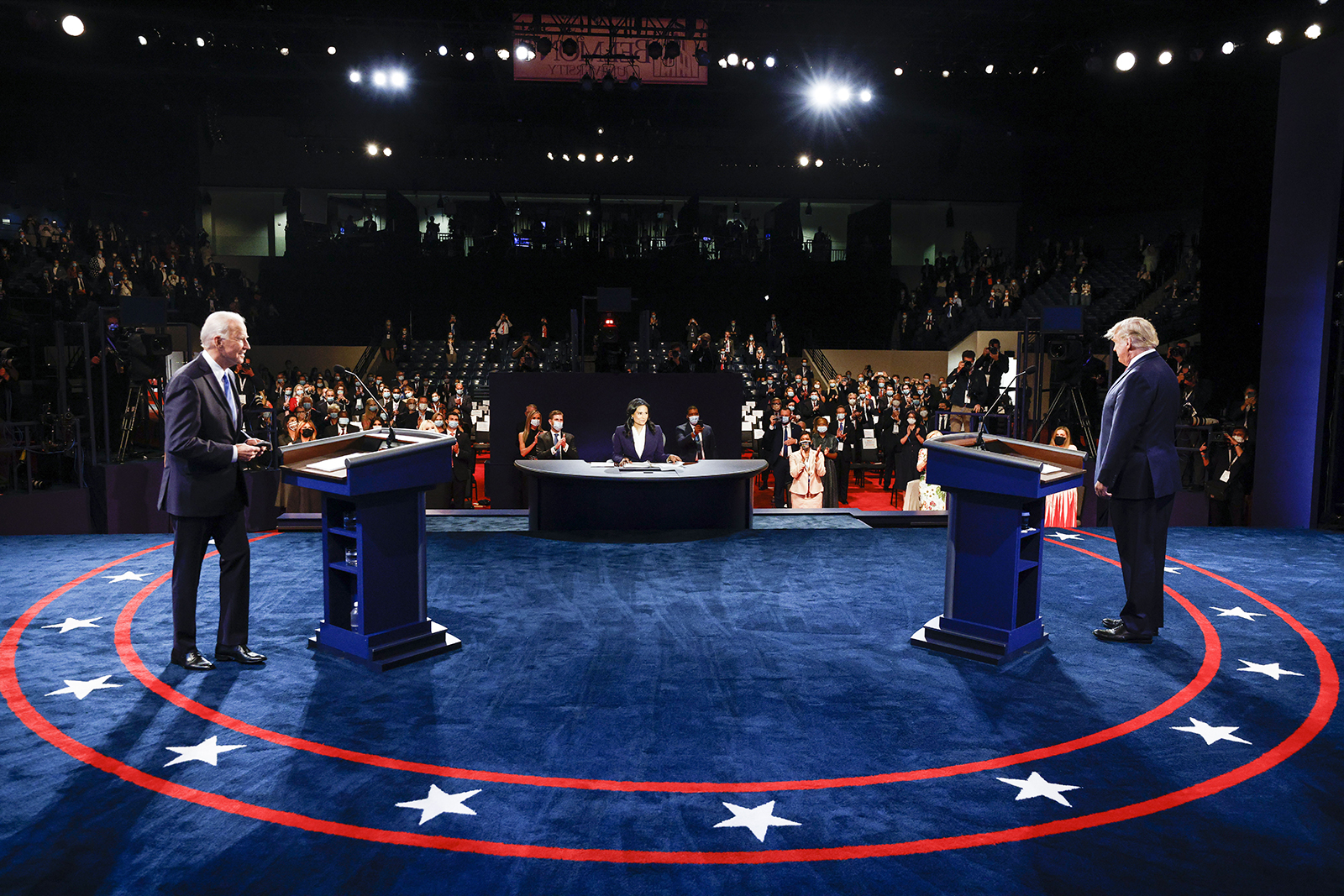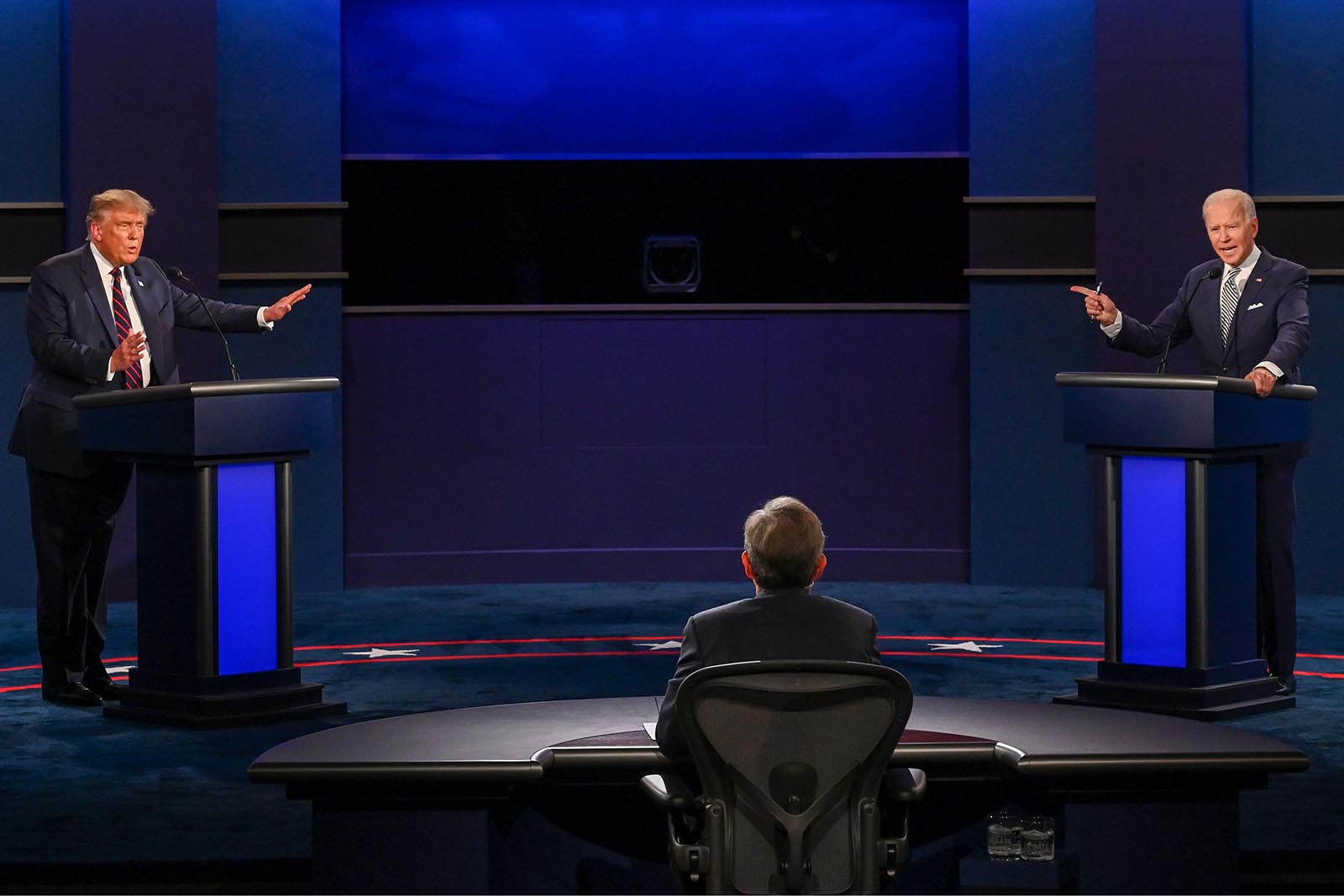Factors Influencing Debate Timing in Modern Elections

The timing of presidential debates plays a crucial role in shaping the electoral landscape, impacting voter perceptions and the overall narrative of the campaign. The decision of when to hold these events is a complex process, influenced by a multitude of factors, ranging from political strategy to media scheduling and public opinion.
Political Strategy, Presidential debate time
The timing of debates can be a powerful tool in a candidate’s political strategy. Candidates may strategically choose to participate in debates at certain points in the campaign to capitalize on their momentum, address specific issues, or counter their opponent’s narratives. For instance, a candidate trailing in the polls might opt for an early debate to gain visibility and establish themselves as a viable contender. Conversely, a candidate with a comfortable lead might prefer to hold off on debates until later in the campaign to avoid potential gaffes or unexpected controversies.
Media Scheduling
The media landscape significantly influences the timing of presidential debates. News networks and other media outlets have their own schedules and priorities, which can impact the availability of prime-time slots for debates. The debates must be scheduled to maximize viewership and attract the largest possible audience. Furthermore, the media’s coverage of the debates and their analysis of the candidates’ performances can significantly shape public perception.
Public Opinion
Public opinion plays a crucial role in determining the timing of debates. Candidates and debate organizers often consider public interest and the level of public engagement when setting the debate schedule. Debates held during periods of heightened public interest, such as after a major political event or during a critical phase of the campaign, are likely to attract greater attention and have a more significant impact on the election.
The Impact of Debate Time on Voter Engagement and Public Discourse: Presidential Debate Time

The timing of presidential debates plays a significant role in influencing voter engagement, shaping public discourse, and ultimately, impacting the narrative of the election campaign. The strategic placement of debates can affect voter turnout, media attention, and the overall flow of information, potentially influencing public perception and the trajectory of the election.
Voter Turnout and Media Attention
The timing of debates can significantly impact voter turnout and media attention. Debates held earlier in the campaign can help generate excitement and encourage early voter registration, while debates held closer to the election may motivate undecided voters to participate. Additionally, debates held during prime time television viewing hours tend to attract higher viewership, leading to increased media coverage and public discussion.
- A study by the Pew Research Center found that the 2016 presidential debates were the most-watched in history, with an average of 84 million viewers per debate. The high viewership was likely due in part to the timing of the debates, which were held during prime time on weeknights.
- Similarly, the 2020 presidential debates drew significant viewership, with the first debate attracting over 73 million viewers. This high viewership was attributed to the heightened political climate and the importance of the election.
Shaping Public Perception and the Election Narrative
The timing of debates can also influence the flow of information and shape public perception. Debates held early in the campaign can set the tone for the election and establish key issues for voters to consider. On the other hand, debates held later in the campaign can provide opportunities for candidates to address emerging issues or respond to attacks from their opponents.
- For example, the 2016 presidential debate between Hillary Clinton and Donald Trump, held on October 9, 2016, was widely seen as a turning point in the election. The debate focused on the candidates’ positions on issues such as immigration and trade, and it generated significant media attention and public discussion.
- Similarly, the 2020 presidential debate between Joe Biden and Donald Trump, held on September 29, 2020, was notable for its chaotic nature and the candidates’ personal attacks on each other. The debate was widely criticized for its lack of substance, and it had a significant impact on public perception of the candidates.
Impact on the Election Narrative
Debates held at different times can affect the narrative of the election campaign. For example, debates held early in the campaign can help candidates introduce themselves to voters and establish their key policy positions. Conversely, debates held later in the campaign can provide opportunities for candidates to respond to attacks from their opponents or to address emerging issues.
- In the 2008 presidential election, the first debate between Barack Obama and John McCain was held on September 26, 2008. The debate was widely seen as a turning point in the election, as it allowed Obama to introduce himself to a national audience and establish his credentials as a viable candidate.
- In the 2012 presidential election, the first debate between Barack Obama and Mitt Romney was held on October 3, 2012. The debate was notable for its focus on the economy and the candidates’ plans to address the national debt. The debate was widely seen as a victory for Romney, who was able to effectively communicate his economic message to voters.
Presidential debate time – Presidential debates are a crucial time for voters to hear directly from the candidates and assess their stances on key issues. The selection of the moderator plays a vital role in shaping the discourse and ensuring a fair and informative exchange.
As the next presidential debate approaches, the question of who will moderate the next presidential debate is on everyone’s mind, as the moderator’s influence can significantly impact the tone and direction of the event, ultimately influencing public opinion and the course of the election.
Presidential debate time is a pivotal moment in the political landscape, where candidates engage in a high-stakes showdown of ideas and policies. Historically, September has often been a key month for these debates, setting the stage for the upcoming election.
For a comprehensive look at the historical significance, key issues, and strategic approaches of September presidential debates, you can explore this insightful article on september presidential debate. The impact of these debates can resonate throughout the campaign, shaping public opinion and influencing voter decisions.
